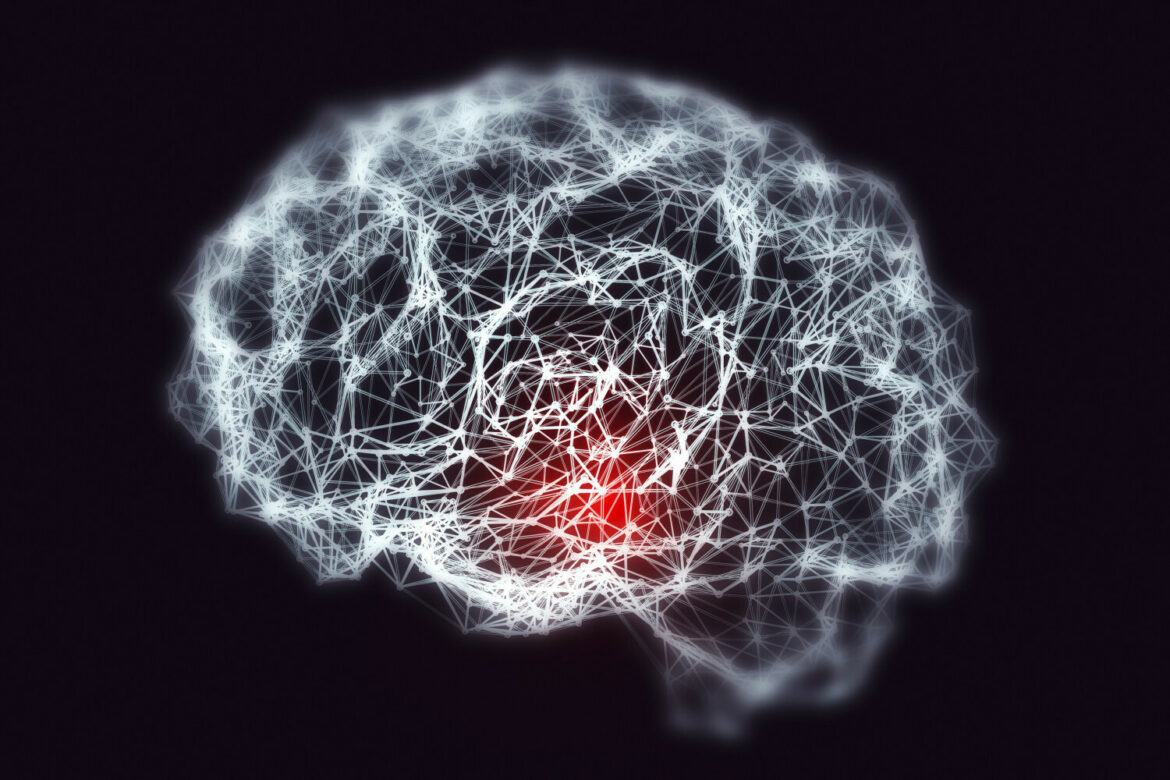Scientists from the BRAINCITY center of excellence at the Nencki Institute of the Polish Academy of Sciences have developed experimental targeted therapy for autism. Their results were published in the leading American scientific journal Molecular Psychiatry.
“Autism or – to be precise – autism spectrum disorders are a set of deficits that manifest in patients in various configurations and with varying severity. Every case is different, there is no one universal model. In order to fully answer a given problem in the functioning of patients, “tailor-made” therapeutic solutions are needed”, says the first author of the publication, Dr Alicja Puścian.
Using murine models of autism, due to the fact that those animals have the same genetic defect like human patients, the BRAINCITY scientists designed research that put together a number of advanced scientific methods, including nanoparticle therapy, fully automated behavior tests and electrophysiological measurements of brain activity, as well as high-resolution electron microscopy.
In their research, they proved that the selective delivery of the TIMP-1 protein to the nucleus of the amygdala alleviates severe cognitive deficits and normalizes the physiology of the brain and the ultrastructure of neurons, as well as synapses or connections between them.
“Our research illustrates how the combination of the latest methods in behavioral research, neurobiology and pharmacology can be an effective way to make therapeutic discoveries that provide a solid basis for further implementation research”, says Ewelina Knapska from BRAINCITY.
The interdisciplinary nature of the experiments significantly goes beyond the problem of autism itself and opens the way to the search for therapeutic strategies based on molecular mechanisms for a number of neurodevelopmental, neurodegenerative and psychiatric disorders, including ADHD, Alzheimer’s disease and schizophrenia.
Arkadiusz Słomczyński





